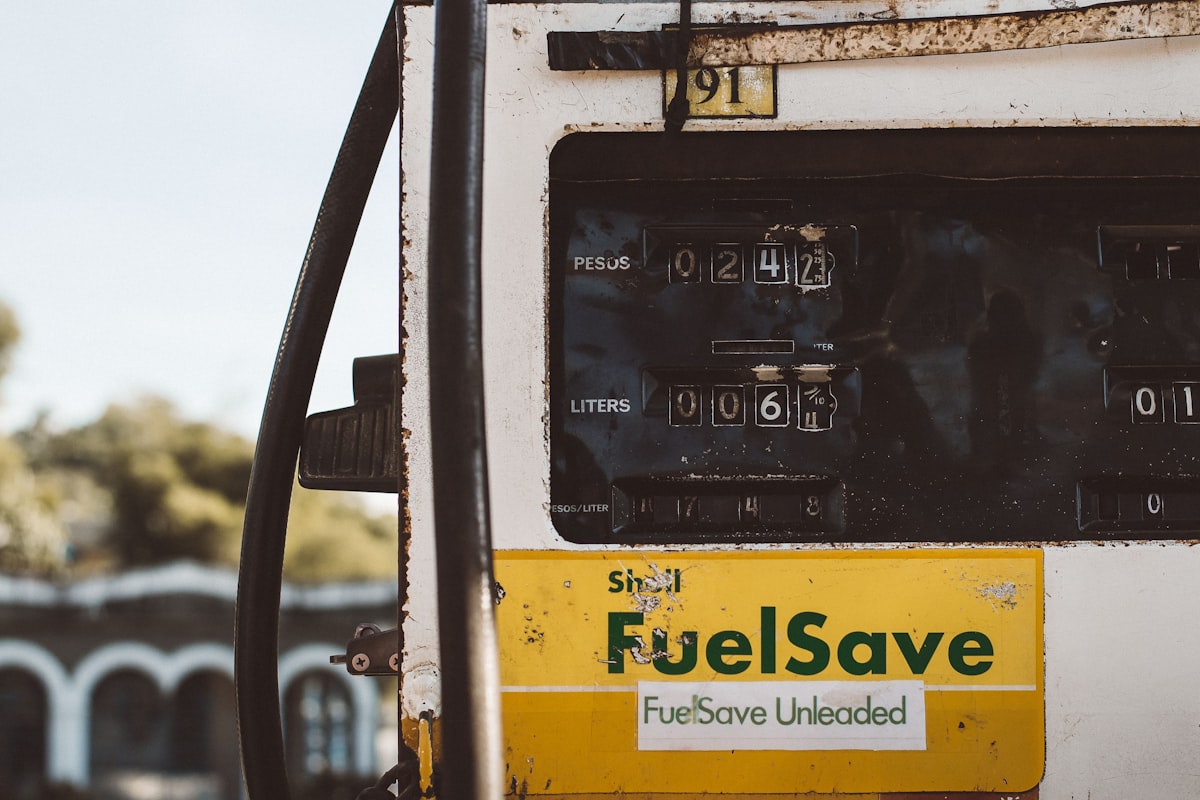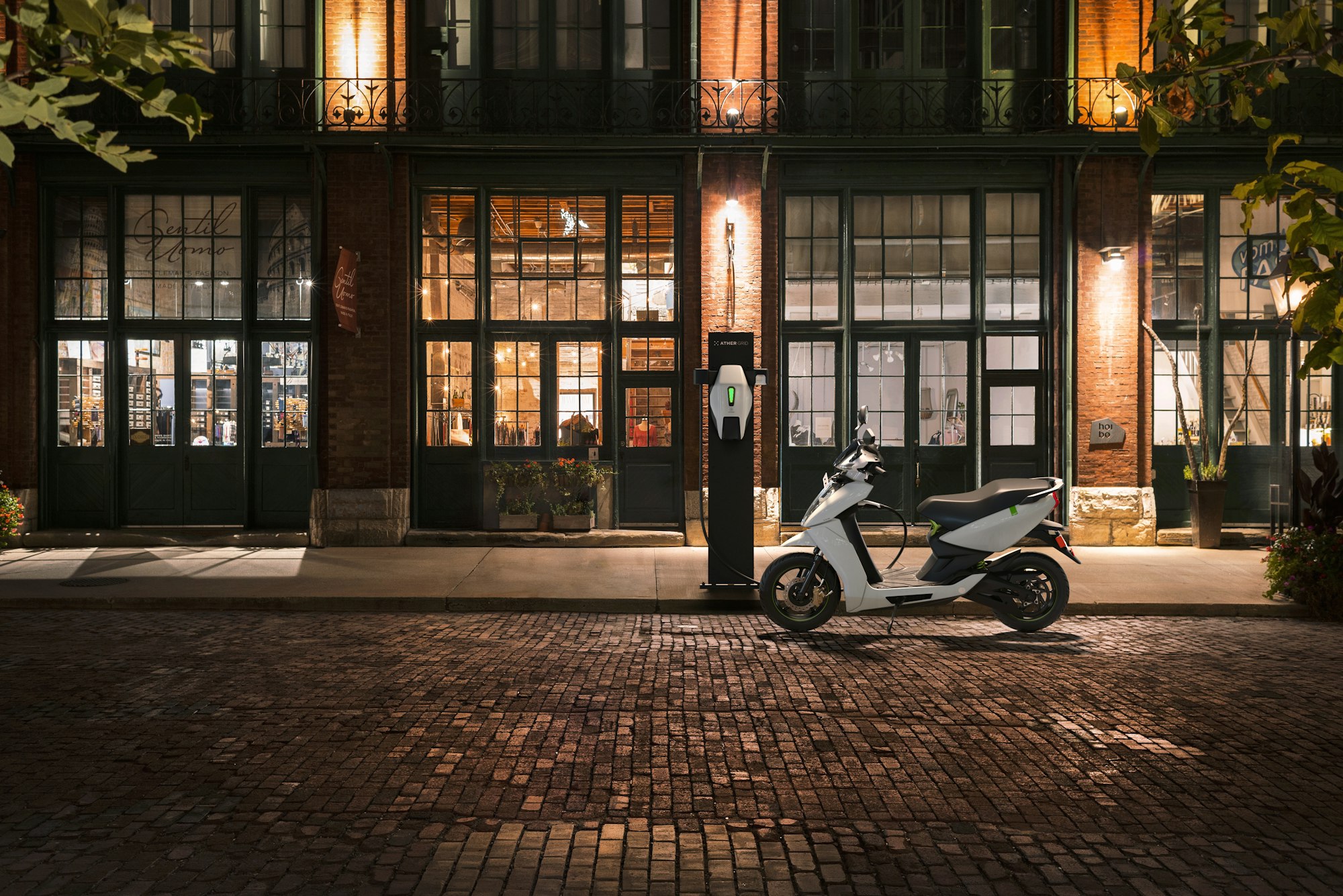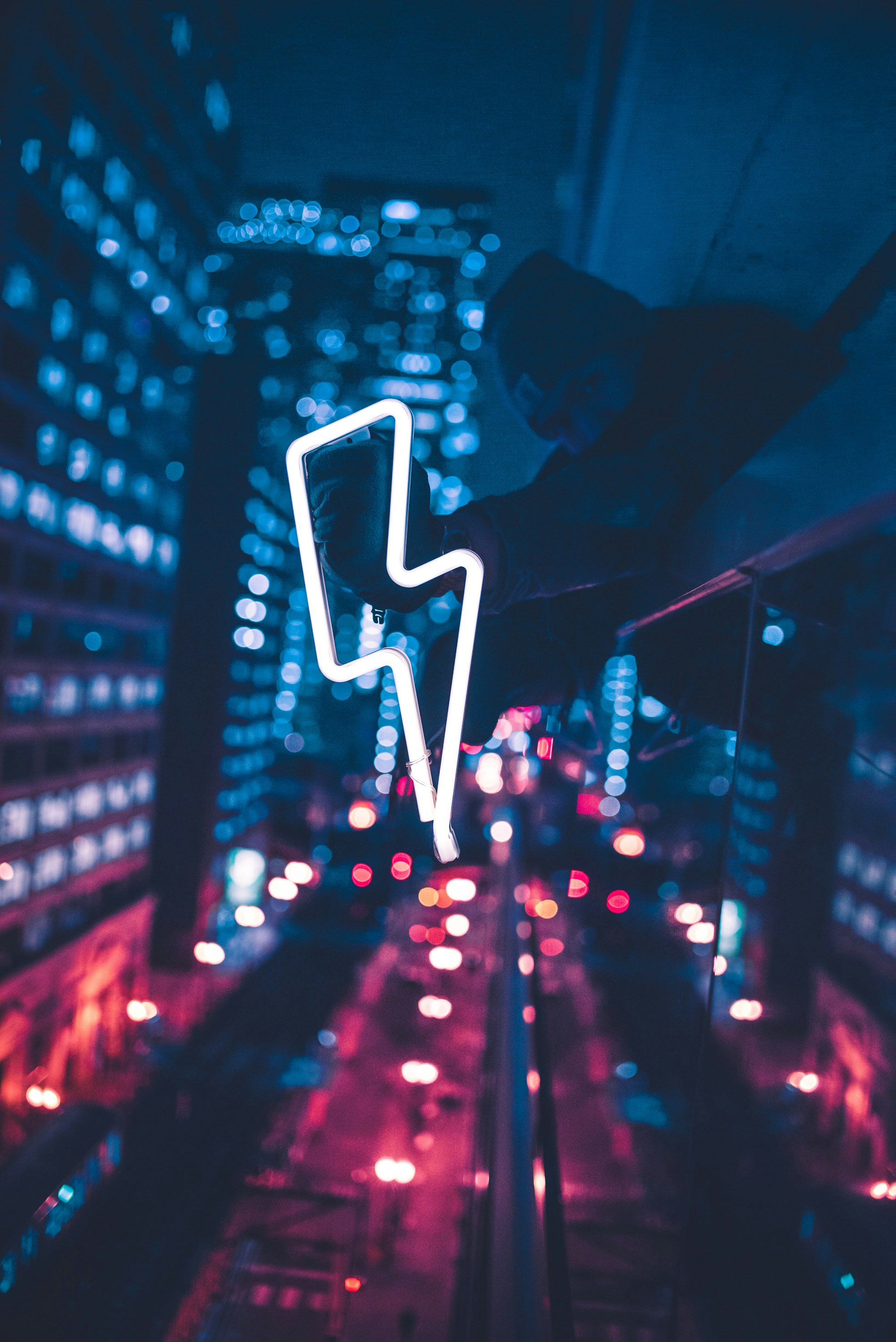Is there a future for the gas station?

The demand for gas is now on a stable downward trajectory. In 2030, McKinsey estimated a drop to $79bn, down from $87bn in 2019. The venerable gas station is among the many businesses and infrastructure impacted, and companies like Shell are now paying attention. With consumers and professionals transitioning to electric vehicles, pumping gas on the roadside is obviously less and less profitable.
You might think the obvious solution would be to start offering EV recharge stations and transitioning in step with the market. A smooth phasing out of the smelling pumps allowing for controlled divesting and eventually offering the same business with a different energy thirty years from now?
You'd be right if most of the EV recharging would be on the roadside. It won't. Most analysts expect it to be at home and even more predominantly at work (as a weak signal, I'd expect recruiters will offer this as a perk first and then start to brag about how clean the electricity they'll provide and how fast the stations will be).
This means that companies like Shell, despite their best efforts at designing the gas station of the future, are in a pickle.
For now, in this effort to reinvent the venerable gas station, companies like Shell are in a frenzy, trying to outcompete other oil giants by signing exclusive on-site deals with prominent fast-food and coffee brands.
Does it remind you of anything we already discussed?

And as China is by far leading this EV transition race, oil companies are also the most active in this market, trying out new formulas to keep EV drivers engaged.

As a strategist, I must say I do find these 'innovations' very quaint. We've yet to see, for instance, any exploration of powerful social trends such as affixing remote/coworking hubs or supply chain centers for last-mile deliveries.
But all this is a mere distraction.
The core question is how fossil fuel companies, now rebranding as clean energy providers, will find a new business model that doesn't involve milking a colossal oligopoly built on trillions of dollars of drilling investments and lobbying. For them, the problem is that there is no way to assert exclusivity on wind, solar or geothermal. Governments are not waiting either. France, for instance, just passed a law demanding that all new covered parking zones of more than 80 vehicles would be equipped with solar roofs.
And, even more importantly, there's an elephant in the room:






